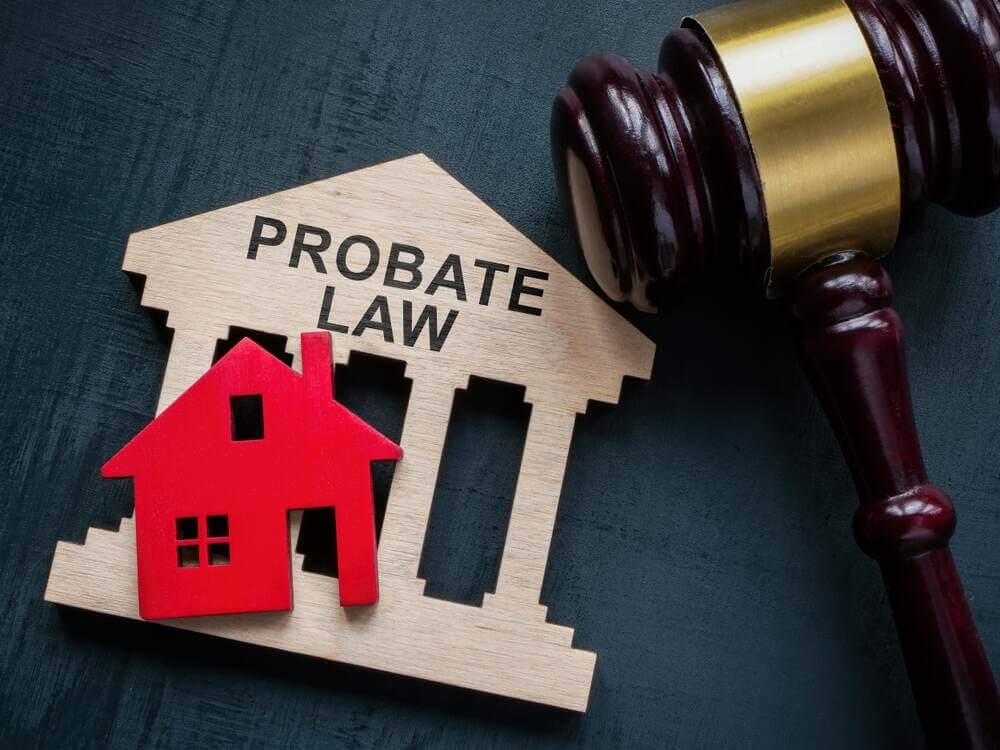Practice Areas
Estate Planning
Trusts
Probate


Probate can be a lengthy process. And when your loved ones are grieving your loss, it’s best if they can settle your estate sooner rather than later. Is it ever possible to avoid probate?
The short answer is yes; however, it depends on your specific assets. We recommend calling our estate planning attorneys for advice tailored to you. In the meantime, let’s consider the main options for avoiding probate in California.
Probate is the legal procedure courts use to distribute a person’s assets when they pass away. The process begins when one person – normally the executor – files for probate.
Probate is a process most people want to avoid. But can you avoid probate? Let’s consider some strategies you might use.
No, but this is a common misconception. The only way to avoid probate is to reduce the number of assets eligible for probate. A will does not necessarily achieve this. So, here are four steps you might take to reduce the number of probate assets.
If you own a home, consider naming someone else on your title as joint owner with a survivorship clause. This lets the person e.g. your spouse take ownership of the property the moment you pass away. The property will bypass probate.
There are, however, tax and related implications to consider when opting for joint ownership. Our attorneys will explain the pros and cons of these arrangements so you can decide if it’s right for you.
A living trust is a legal arrangement which allows you to “shield” assets from probate. You create a trust, name beneficiaries, and decide which assets to include.
The trust becomes unchangeable, or irrevocable, at death. Until then, though, it’s entirely flexible.
It’s possible to name a beneficiary to inherit certain assets the moment you pass away. As ownership transfers immediately, these assets avoid probate. The most common processes are:
Let’s consider both options.
A POD lets a named beneficiary inherit your bank accounts, such as savings accounts, when you die. Assets transferred this way avoid probate.
You can use similar designations for stocks, shares, and retirement accounts.
In California, you can use a simplified probate process for estates smaller than $184,500. This is a much quicker and less formal procedure than the usual probate process. It does not involve any court appearances.
Our attorneys can explain if your estate might qualify for a simplified probate procedure.
The probate process is not just time-consuming. It’s complicated. To protect your assets, reassure your family, and give yourself peace of mind, call our firm.
At the Law Offices of Alice A. Salvo, we will explain the legal process and the options you have. You can then make an informed decision which is right for you – and the future of your family.
Contact our probate attorneys now to discuss your estate plan.